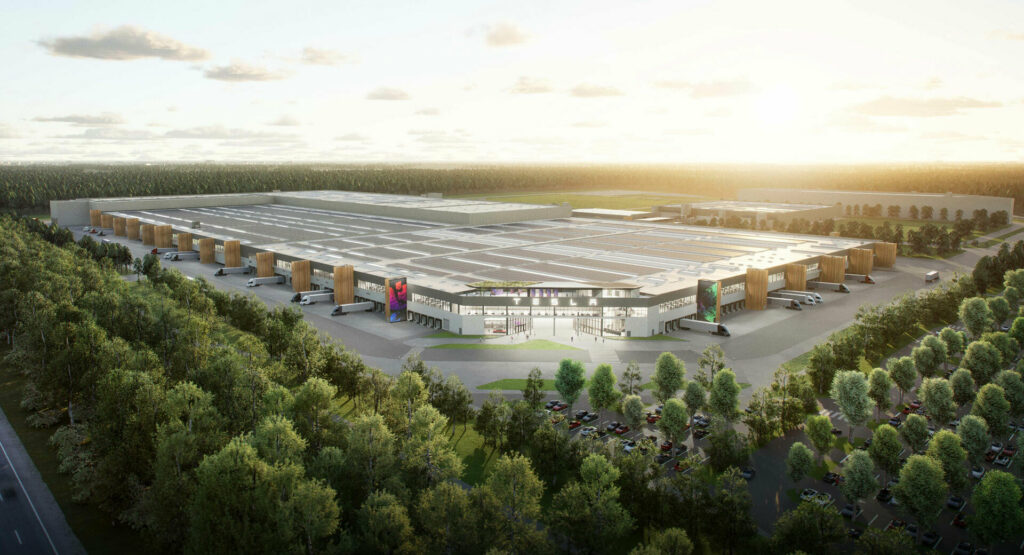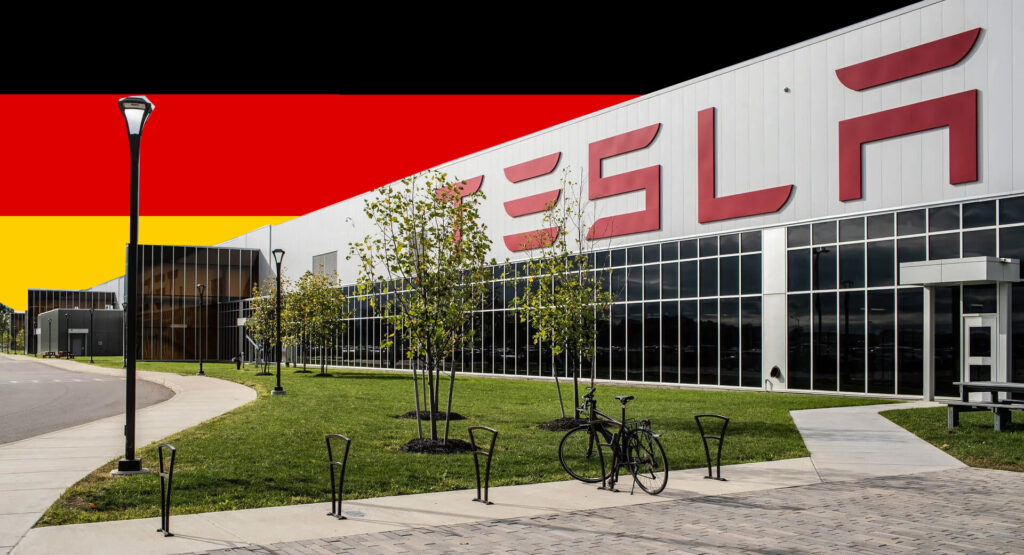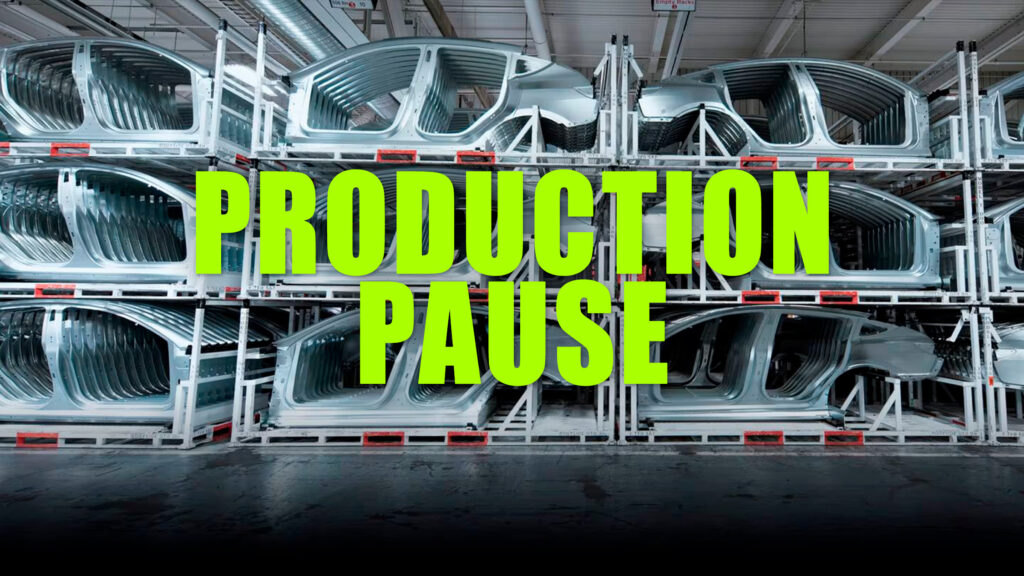Tesla is set to suspend most of its car production at its German factory from January 29 to February 11 not because of a lack of demand for its vehicles but because of a lack of components triggered by changes made to transport routes after a spate of attacks on vessels in the Red Sea.
In a statement issued to the press, Tesla said that attacks led by Iranian-backed Houthi militants in solidarity with Palestinian group Hamas had created a gap in supply chains and would cause a significant disruption.
“The armed conflicts in the Red Sea and the associated shifts in transport routes between Europe and Asia via the Cape of Good Hope are also having an impact on production in Gruenheide,” the carmaker said. “The considerably longer transportation times are creating a gap in supply chains.”
Read: Swedish Union Wishes Elon Musk Merry Christmas By Refusing To Pick Up Tesla’s Garbage

A number of other companies are expected to have been impacted by similar delays, although Tesla is the first to publicly address the issues caused, Reuters reports.
“Relying on so many key components from Asia, and specifically China, has been a potential weak spot in any automaker’s supply chain,” vice president of AutoForecast Solutions Sam Fiorani said. “Tesla relies heavily on China for battery components, which need to be transported to Europe through the Red Sea, putting production constantly at risk. It can’t be believed that they’re alone, only the first to reflect the issue.”
Supply chain issues aren’t the only issue that Tesla is facing in Europe. It is currently in the midst of a fight with Swedish trade union IF Metall over signing a collective bargaining agreement.
Tesla says that full production will resume on February 12 but has not specified which components it is struggling to acquire.




